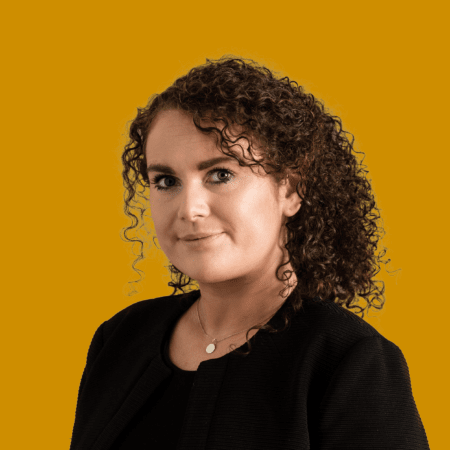
About Kevin
Kevin is a Senior Associate in our Dispute Resolution team. He has extensive experience in litigating large scale multi-party corporate disputes before the Commercial Court and advises on all aspects of the litigation process including alternative dispute resolution mechanisms...
About Kevin
Kevin is a Senior Associate in our Dispute Resolution team. He has extensive experience in litigating large scale multi-party corporate disputes before the Commercial Court and advises on all aspects of the litigation process including alternative dispute resolution mechanisms.
Kevin has particular expertise in regulatory investigations, technology law and insolvency related litigation.
Kevin acts for large multinational technology firms covering all areas of the GDPR and a variety of stakeholders in the formal insolvency processes covering receiverships, liquidations and complex cross-border restructurings.
Kevin also has an interest in real estate and landlord/tenant related litigation having acted in numerous high value disputes in the Commercial Court in this area.
kfarrell@mhc.ie















